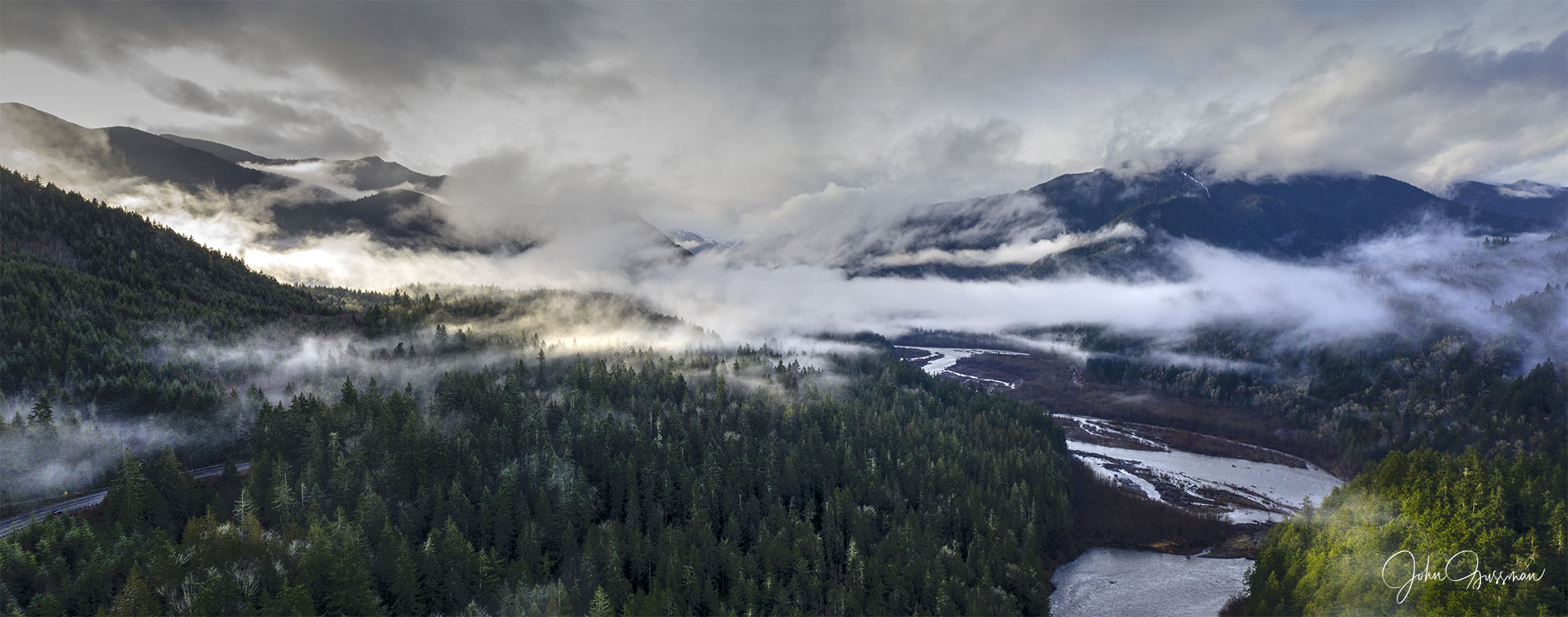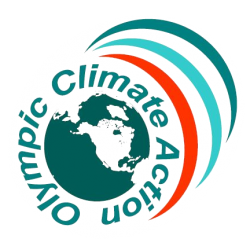
In January 2021, Washington state will form its first Citizen Climate Assembly and be the first in the nation to do so. The process to select the members for the Assembly gathered steam with a workshop last week to identify important criteria for the Assembly members.
The Initiating Team for the Washington Climate Assembly is The People’s Voice on Climate, a nonprofit from Port Townsend, WA, working towards statewide climate solutions. Cascadia Consulting Group is participating in the selection project and Strategic Research Associates specializing in qualitative and quantitave research will compile the data. 120 members will be recruited and then using a lottery, 80 active members plus 10 alternates will be selected as members for the Assembly.
A Climate Assembly is a group of people gathered together in one place for a common purpose. A Peoples or Citizens Assembly is a democratic process that seeks to answer a question or solve a problem facing a community in a way that fairly represents the interests of people from all walks of life.

An Assembly can center around any topic. In the case of Washington Climate Assembly, it centers around the problem of climate pollution. Assemblies have been used worldwide to shape the work of governments. At the Washington Climate Assembly, members will learn about the issues of climate pollution, take time to discuss with one another, and then make recommendations about what should happen legislatively.
They bring together everyday people to learn about climate change, to hear from a variety of experts, stakeholders and tribal perspectives. Collectively, Assembly members will consider potential actions and discuss what should happen. At the end the Assembly offers recommendations to elected officials and the wider public which can be turned into laws. The timeline for this project is divided into two phases. The design phase from October through December, and the Assembly implementation phase from January through March.
So far, two workshops have been held held: a Scoping workshop at the end of October, and a Member Selection Workshop on Novermber 12th. The Initiating Team is also recruiting members for a variety of roles including agenda consultants, presenters, people to help promote the Washington Climate Assembly, and the monitoring team which approves the rulebook.
Eligibility
- Washington State residents
- Sixteen years or older
- Living in a household that received a phone call from the recruitment firm
- Could RSVP to take part in the Assembly.
Ineligibility
- Persons holding a managerial position in the Governor’s Office in organizational units of WA and in public companies of WA
- Elected politicians
- Employees of the stakeholders whose tasks are directly related to the subject of the Assembly
- Members of the Stakeholder groups and members of their organizations.
- Lobbyists working in an area related to the subject of the assembly
- Members of the coordinating team and Monitoring team
- Experts, Observers, and Facilitator
These two categories were discussed in the Member Selection Workshop.
Specifically, the term Stakeholders was identified as too vague. Inclusiveness regarding accessibility was a concern. It was acknowledged that access to technology during Covid-19 has imposed an inequality issue. There is funding for laptops, childcare, and IT support for the members to make sure those barriers are removed.
Demographic criteria that Oregon used was explained in depth and a draft was presented. Attitudes regarding climate change was suggested as a more holistic way of identifying people rather than by political party preference. Using the watersheds as a way of grouping people rather than by congressional districts might provide smaller more meaningful groups. Political party preference would be a good double check and allow people who usually don’t get to talk to each other an opportunity to do so.

Decisions around assembly member composition is a very critical part of the assembly process. The Washington Climate Assembly is committed to an equitable and inclusive process. In a deliberative democracy the demographic criteria of who is represented is always an evolving question.

One workshop participant shared about a community Climate Assembly that used a non-demographic screening tool called CalEnviroScreen. It was applied to a much smaller population and might not work for a state population. It was designed to identify communities disproportionately burdened by multiple sources of pollution and with population characteristics that made them more sensitive to pollution.
As the first Citizens Climate Assembly in the US using best practices is important but defining them is difficult because this is so new. A suggestion was made to include the demographics of people 0-16 as a measure because they will be the ones to inherent the results of the Assembly and this would let them have a way of influencing the selection process.
Next, ideas from the Membership Selection workshop will be synthesized and sent to SRA for consideration as part of the WA Assembly Member recruitment. There are still ways to stay involved with other Washington Climate Assembly roles, such as the on the Monitoring Team. For any additional questions go to info@waclimateassembly.org






One Reply to “”
Comments are closed.